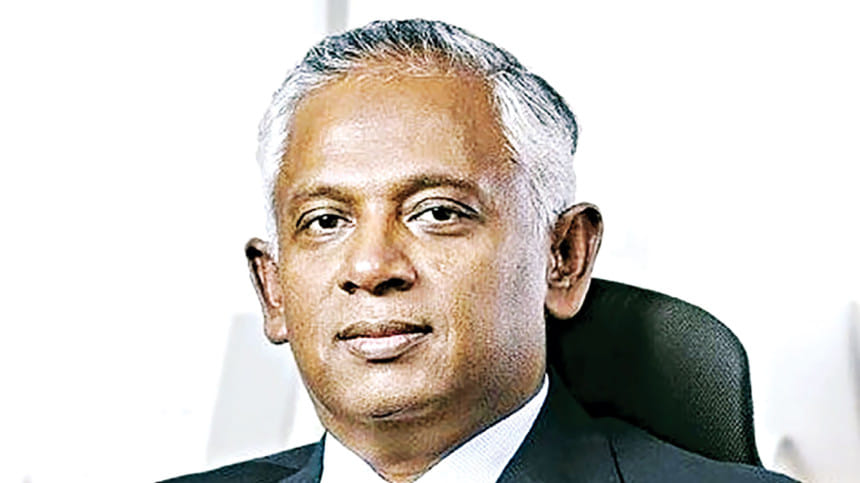Why we make wrong decisions – error of values

As a CEO, I had once asked the chief procurement officer and the chief technology officer to deliver 50 per cent savings on radio network items for the implementation of an ambitious growth plan. They looked at each other in disbelief and told me that they had already squeezed the vendors so much in the last few years that it would simply be impossible.
Moreover, one of them went on to add that in his whole career, no one gave him such a ridiculous target after delivering the maximum in that area. Both were reluctant to act, turning a blind eye to future potentials in their bias with past achievements.
My style of negotiation with vendors is to work out the best business needs for the future and work backwards, based on the available budget. And when the team over-delivered, I would tell them that the lemon will always have unlimited juice in it.
Now, corporate houses are embracing AI to make better, faster decisions through cognitive automation
How much is kachchi biriyani worth? It is as much as Tk 1,500 per full plate at some places in Dhaka although most of you would hesitate to pay that much as you normally pay Tk 500.
Whether kachchi biriyani is worth Tk 1,500 per full plate depends on what else you can do with that money. If you are on a long-haul discounted flight where they don't serve free meals and suddenly the aroma of kachchi biriyani wafts over from your fellow passenger, you would be ready to pay Tk 1,500, if not more!
Let's take another example.
There is a Tk 50,000 Cox's Bazar holiday package. The same package is on sale for Tk 40,000. Would you buy this package? Many of you would gladly say yes.
Now, let's say, the same Tk 50,000 package is offered for Tk 25,000 for only a week, and by the time you get to the agency, the best rates are gone and the package price has again been increased to Tk 40,000. Would you still buy it?
Most of you would say no. Why? Because there's no way I am paying Tk 40,000 for something that was Tk 25,000 last week. The human tendency to compare with the past can often blind us to the economic viability of something.
Common mistakes in decision-making with regards to errors in value is when we compare the current situation to the past instead of seeing the various possibilities.
The best ways to minimise bias towards value, in decision-making, are to be sharply aware of the context, stop comparing with past values without considering future possibilities, seek multiple perspectives, and take facts-based decisions using data analytics.
As we transition into a high-tech digital lifestyle, we need to take these factors into consideration in our daily life. Artificial intelligence (AI) is beginning to reshape the future of decision-making. Now, corporate houses are embracing AI to make better, faster decisions through cognitive automation.
We are the only species on this planet that holds its fate in its own hands. The only thing that can destroy us is our own decisions.
The author is a telecom and management expert. This article is inspired by Prof Dan Gilbert, the Edgar Pierce Professor of Psychology at Harvard University.

 For all latest news, follow The Daily Star's Google News channel.
For all latest news, follow The Daily Star's Google News channel. 



Comments